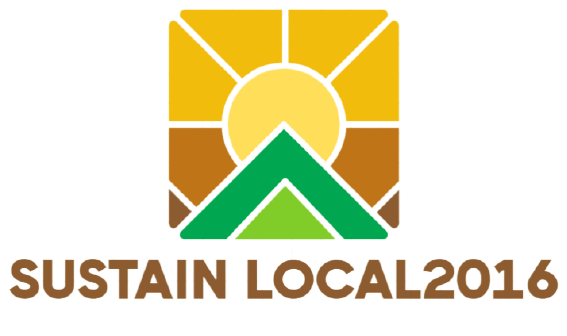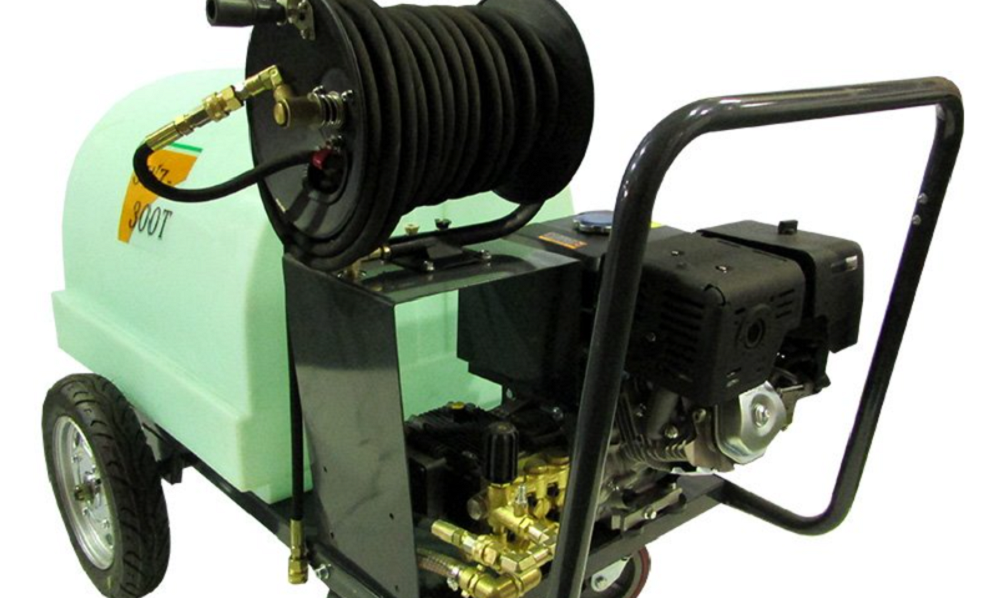Critical thinking is a critical tool and improves logical reasoning and complex problem-solving. For those students who desire to succeed academically, practicing how to improve critical thinking is one step that will be helpful for them. More analysis can reasonably be done on a problem. In addition, decision-making and a clear-cut approach to dealing with academic challenges become better. Click here to access Gauth’s website, a site that provides useful resources that might help develop critical thinking in the learning process.
Understanding the Nature of Critical Thinking
Knowing what critical thinking is is at the beginning of developing critical thinking. Critical thinking is the process through which a person scrutinizes information in an objective manner, detects biases, and makes informed decisions. Some of the essential elements include:
- Analysis: Breaking up complex ideas into smaller, more workable parts.
- Evaluation: Assess the reliability of sources, the strength of arguments, the validity of conclusions.
- Interpretation: Understand and explain the meaning of data or text.
- Problem-solving: Applies logic and reason to solve a problem.
All of these elements being in place would be the foundation for being an enhanced and critical thinker at university.
Practice Questioning
One way to encourage critical thinking is by asking questions. Do not accept information at face value; ask where it came from, what for, and why. This can be applied across subjects as disparate as literature to mathematics. Curiosity puts a person in the position to:
- Recognize there are holes in the knowledge or logic used.
- Connect apparently unrelated ideas.
Questioning also encourages active learning, which helps in learning by reason of memorization.
Amplify Reflection
Reflection is a powerful tool for critical thinking. After completing an assignment or after learning something, take some time to reflect on the process. What worked? What did not? Can the information be viewed in any other way? This activity assists in identifying assumptions, biases, and areas for improvement.
- Be able to consider other approaches to problem-solving.
- Reflect on the teacher’s or peer’s feedback.
- Reflect on how learning strategies might be adjusted for better outcomes.
Develop Strong Research Skills
Hence, critical thinking cannot be separated from effective research. A student who distinguishes reliable sources from unreliable sources can better decide than one who cannot make a decision. Researching properly ensures that the conclusions will not be based on assumptions but evidence-based.
- Use academic databases.
- Compare sources for reliability.
- Cross-check your information before arriving at a conclusion.
Better research skills deliver a much more balanced understanding of college topics and help in building better-supported arguments.
Learn Using Tools such as Gauth
In this electronic age, students can access many more tools to build critical thinking. Gauth is a homework helper that uses clear, step-by-step explanations, thereby advancing deeper understanding. This provokes analytic thinking in the very processes of assignments and understanding the reasons behind the answers themselves. It encourages independent learning- the skill that forms part of the core aspect of thinking critically.
Conclusion
When this student understands these main elements that comprise critical thinking, the student practices questioning, becomes reflective, works to enhance one’s research skills, and utilizes tools like Gauth, then this student will drastically improve their academic performance in school. Critical thinking is not only an instrumental power for achieving greater academic success but also prepares students for the different challenges that they will encounter in life by using good reason and logic in making decisions.













